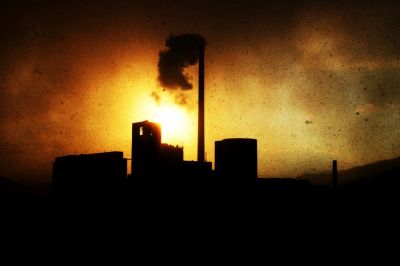Production facilities have generally favoured maximal production over
efficient energy usage. However, the dramatic increase in the cost of
energy and the pressure of regional emission quotas has led such
facilities to seek alternative modes of production. The 'Factory
eco-friendly and energy efficient technologies and adaptive automation
solutions' (
FACTORY-ECOMATION)
project continues to work to develop new production systems that can be
productive, cost effective and energy efficient. These new systems will
hopefully play a pivotal role in achieving the EU 20/20/20 objectives.
Research is being conducted through the analysis of two
environmentally prominent sectors: the iron and steel industry, and the
woodworking industry. The project began by analysing the targeted end
users and formalising the project framework and requirements. The three
main pillars of the framework serve as outlines for the research and
development activities of the partners. The first pillar involves
awareness of the complete performance of a production environment.
Technology has been developed to provide more comprehensive monitoring
of both productivity and environmental impact.
The second pillar looks at increasing the efficiency of the
equipment directly involved in production. FACTORY-ECOMATION is working
on solutions to deal with wasted energy, such as low-temperature
equipment to save heat and high-efficiency wood working machines.
Finally, the third pillar analyses the impact of decision making,
management and control systems on energy efficiency. Decisions rely on
the performance of the equipment, which is dependent on the control
systems, which are constrained by the decision makers. Thus, solutions
to improving the quality of both the control systems and decision making
are being developed.
Research and analysis of results already achieved continue in
pursuit of the ultimate FACTORY-ECOMATION vision. This vision is of
factories that fully incorporate environmental concerns into their
structure and management, and monitor, manage, predict and prioritise
their own environmental effects. This type of factory, and exporting
these ideals through the major players involved, will mean a great step
towards reducing energy waste worldwide.

